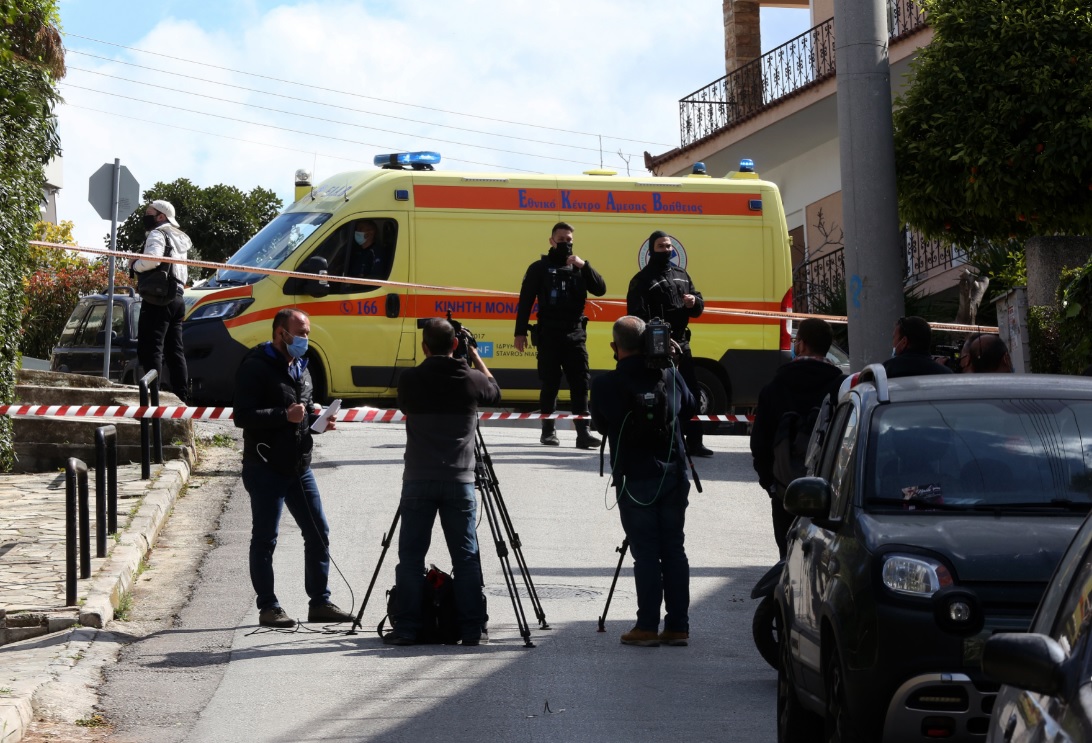The International Press Institute (IPI) today joins its partners in the Media Freedom Rapid Response (MFRR) in welcoming the arrests announced last Friday of two suspects in connection with the 2021 assassination of crime reporter Giorgos Karaivaz in Greece. The two men, brothers aged 40 and 48, are in custody and awaiting a hearing today, May 3.
The exact alleged role of the suspects, both Greek nationals, in the murder has not yet been confirmed by prosecutors. News of the arrests was announced on social media by the Minister of Citizen Protection, rather than by law enforcement authorities. According to the Hellenic Police, two other suspects are still wanted in connection with the killing, but the motive remains unconfirmed.
Karaivaz, an experienced crime reporter, was gunned down by two men on a scooter outside his home in Athens on 9 April 2021. Following the killing, police said the “professional” style of the assassination indicated the involvement of organised crime. Last month, the case formally became an instance of impunity for murder, considering there had been no significant progress in investigating or prosecuting the crime for two years.
Last week’s arrests represent a big step forward and have revived hope that at least some of those responsible for the despicable murder could finally be held accountable. However, to secure full justice for Giorgos and his family, all those involved in the killing, from the gunman and getaway driver up to the middlemen and mastermind, must be prosecuted and put behind bars.
As our organisations mark World Press Freedom Day today, we continue to follow the case closely and do all we can to secure justice for Karaivaz and help strengthen media freedom and independent journalism in Greece, which remain in a poor condition.
Greece: Impunity continues two years after murder of journalist Giorgos Karaivaz
This statement is part of the Media Freedom Rapid Response (MFRR), a Europe-wide mechanism which tracks, monitors and responds to violations of press and media freedom in EU Member States, Candidate Countries, and Ukraine. The project is co-funded by the European Commission.

